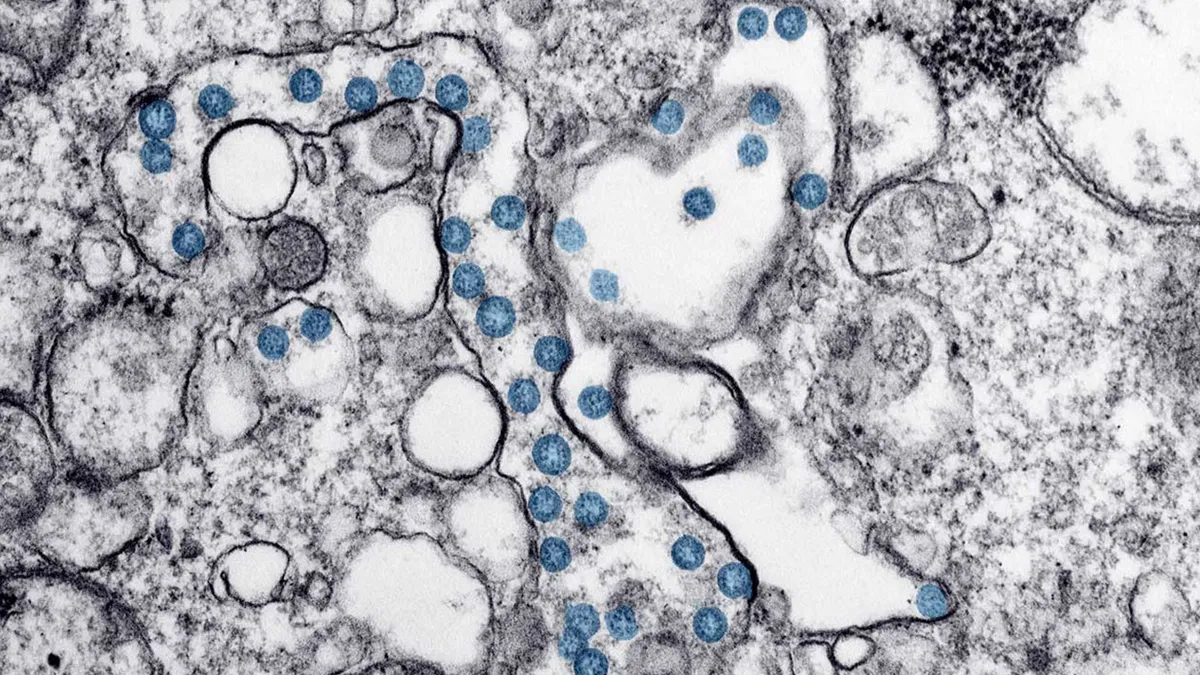Dive Brief:
-
FDA granted emergency use authorization to Phosphorus' unsupervised, at-home saliva test for COVID-19, the medical genetic testing company disclosed Monday.
-
Most test kits that allow at-home sample collection still use nasal swabs. But the agency previously OK'd a saliva-based test developed at Rutgers University, which is being distributed by a number of telemedicine providers, and one from Little Rock, Arkansas-based P23 Labs.
-
In the case of genomics startup Phosphorus, individuals can access the saliva-based test without using an outside telemedicine platform. Individuals request a test online, complete a medical questionnaire, follow the instructions that come with the sample collection kit that arrives via mail and use a prepaid pack to send the saliva for analysis.
Dive Insight:
Phosphorus has marketed in the COVID-19 testing space since April, when it launched an IgG and IgM antibody test. In mid-May, the company announced it had viral and antibody COVID-19 tests available for home delivery in the New York City metro area, in which tests could be ordered online and then administered by licensed, in-home healthcare providers.
The company is aiming to further expand its COVID-19 testing reach with direct online ordering of its saliva-based test, now authorized by FDA for emergency use.
FDA greenlit the use of the Phosphorus and RUCDR tests after seeing data showing they deliver results consistent with the analysis of samples taken with nasopharyngeal swabs.
In eliminating the need for healthcare professionals to supervise the collection process, Phosphorus has removed one constraint on testing capacity. RUCDR, the Rutgers entity behind the first saliva-based test allowed by FDA for home collection, faces that constraint, but has partnered with companies like Vault Health to help.
Vault Health has an existing telemedicine platform to provide health services to men. Working with RUCDR, the startup is applying those capabilities amid COVID-19, enabling patients to log in to Zoom to provide samples under the supervision of a healthcare provider.
After talking to management at Vault Health on Monday afternoon, analysts at Jefferies called the company's direct-to-consumer test offering "surprisingly successful," noting just 2% of tests have come back as inconclusive.
"While the $150 price tag (reflective of Vault's cost per test) is higher than the $100 Medicare reimbursement for PCR and significantly higher than the cost per test at labs like [Quest Diagnostics, LabCorp and Opko Health], Vault has identified potential savings opportunities through expansion of scale with capacity currently at only 50k tests/day," the analysts wrote in a note to investors.










